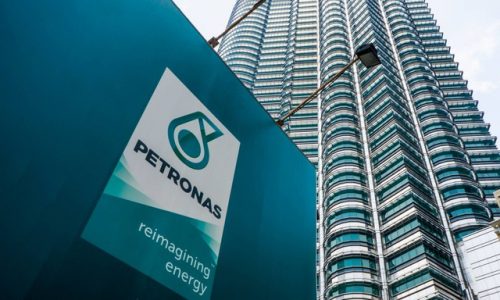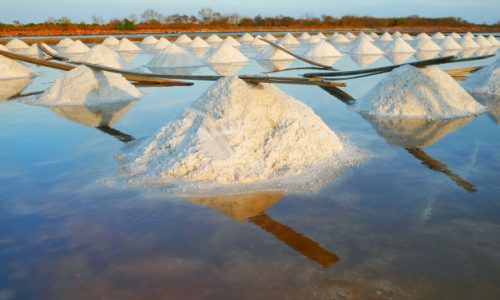The Ministry of State-Owned Enterprises (SOEs) reports a steady increase in contributions from state-owned companies to the nation over the past five years, generating income of Rp2,516 trillion (US$155.5 billion) for the state through taxes, non-tax state revenues (PNBP), and dividends or profit shares.
Data from the Ministry of SOEs shows that the majority of these contributions came from taxes, totaling Rp1,749 trillion, while contributions in the form of PNBP reached Rp523 trillion, and dividends adding another Rp245 trillion.
SOE contributions have particularly increased in the last three years following a decline due to the Covid-19 pandemic. The most significant rise was in dividends, which doubled last year compared to 2022, reaching Rp81 trillion.
The top five companies with the largest dividend contributions to the state last year were:
- PT Bank Rakyat Indonesia: Rp23.2 trillion;
- PT Pertamina: Rp14 trillion;
- PT Bank Mandiri: Rp12.8 trillion;
- PT Telkom Indonesia: Rp8.6 trillion;
- PT Mineral Industri Indonesia (MIND ID): Rp7.5 trillion.
Although SOE dividends increased significantly, the overall profit of these companies decreased from Rp308 trillion in 2022 to Rp292 trillion last year. However, this performance still surpasses the profit levels of 2021, which was Rp124 trillion, and pre-pandemic levels in 2019, which were Rp125 trillion.
“Despite fulfilling public service obligations (PSO) and state assignments, SOEs can still generate profits and increase their earnings,” Deputy Minister of SOEs, Kartika Wirjoatmodjo, told a meeting with media editors in Jakarta on Friday, July 14, 2024.
SOE revenues have also steadily grown over the past five years, with an average annual growth rate of 4.7 percent. Last year, SOEs generated revenues of Rp2,654 trillion.
Improvements in SOE performance have mainly been achieved through transformations such as clustering, mergers, and the creation of holding companies. The total number of SOEs has significantly reduced from 118 to the current 41.









